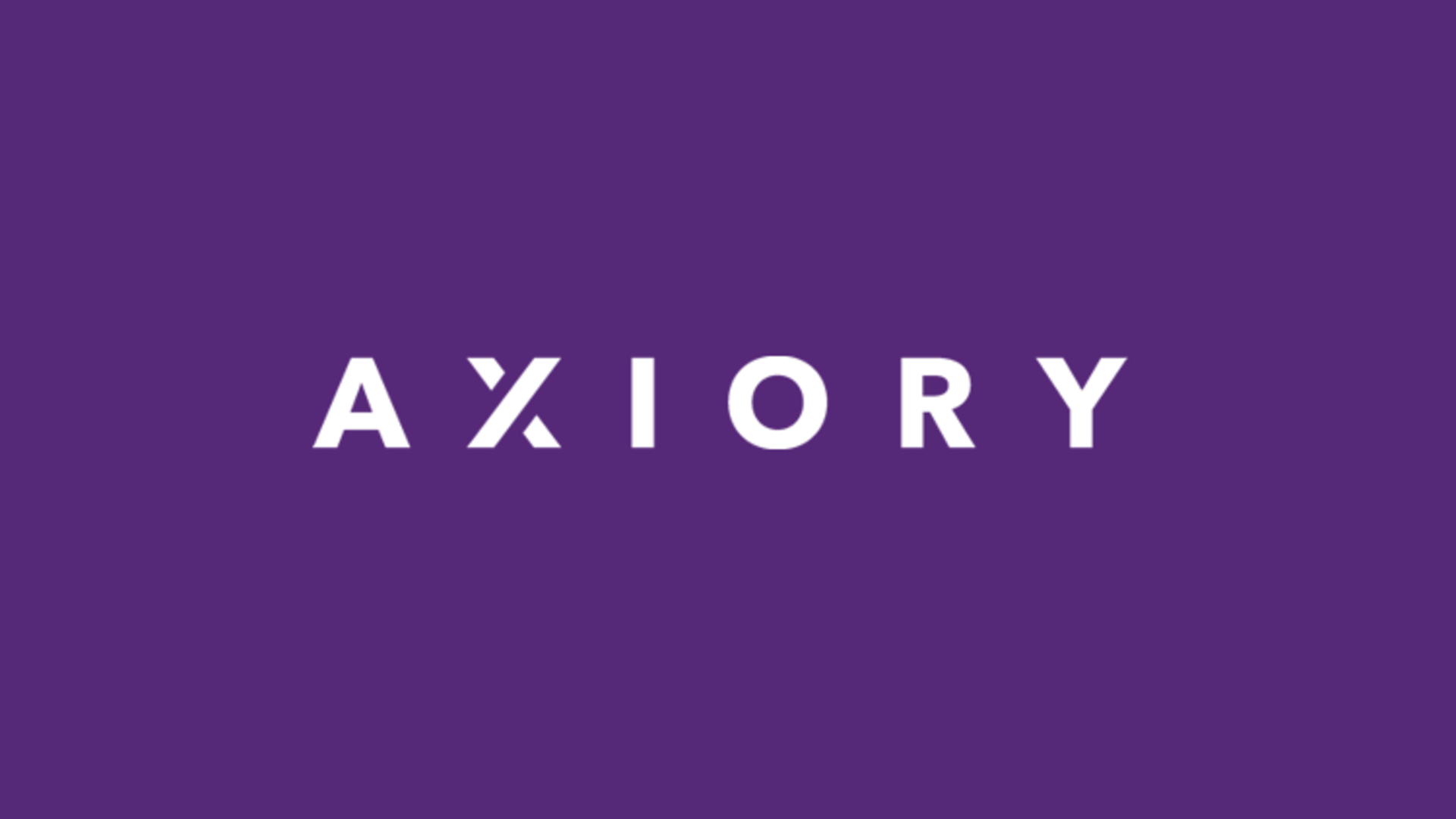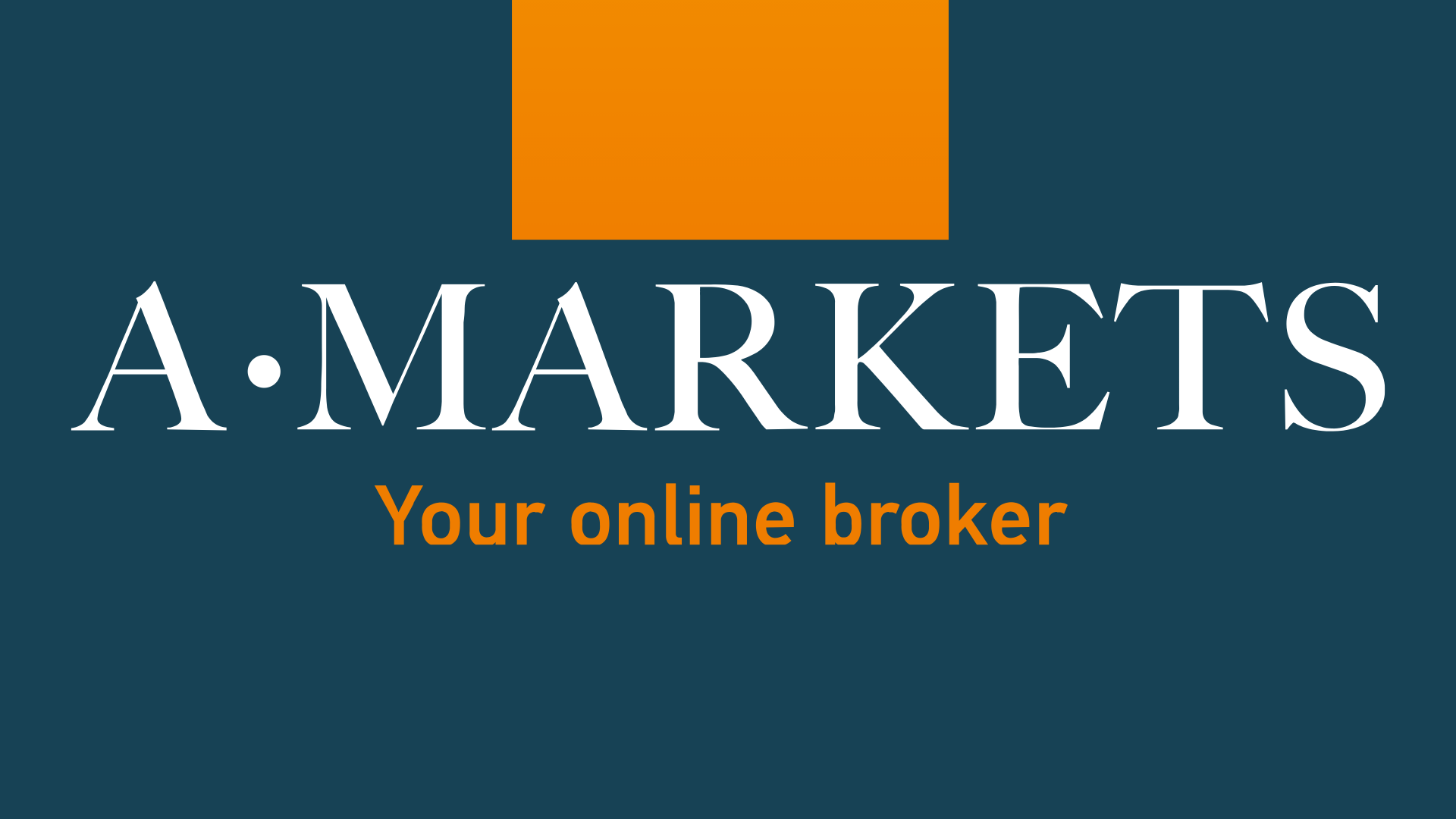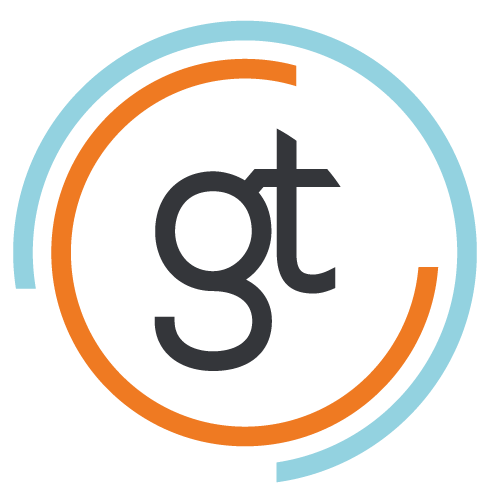Contents
Latvia is an Eastern European Baltic country. With a population of only 1.92 million and a total area of 64,589 km², it is considered one of the smaller countries. However, they are definitely famous throughout the region for managing to make a perfect blend between its Eastern and Western neighbors, while simultaneously managing to maintain their own unique sense of culture and values. Also, the country is known to have a deep history with a rich cultural context.
With a GDP of around $30 billion and such a small population, the Latvians are enjoying reasonably high standards of living. Latvia is known to be a big beneficiary of the EU, as the country has had a lot to gain after becoming a member. Currently, for many years, Latvia has been considered to be one of the fastest-growing economies in the EU and is expected to continue doing so for years to come.
As the economic prosperity of the country slowly increases, naturally, so does the population’s interest in Forex trading, and many Latvians now see it as a great legitimate way to earn more money. In this guide below, we will be talking about the current Forex landscape in Latvia, specifically what opportunities and challenges are available for the Latvians interested in Forex trading.
Latvia’s Best Forex brokers
In this list, we have compiled some of the very best Forex brokers that Latvia has to offer. If you are looking for a trading experience in Latvia that will let you trade in safety, security and also let you be in the center of the action and have access to the most opportunities, then this list is for you! Check out the brokers below that we collected after conducting hours upon hours of research, based on only the most important features that are mandatory for any good broker. Don’t waste hours and hours of your time looking for the perfect broker, because they simply don’t exist. However, the options that are available below are as close to perfect as it gets!
XM
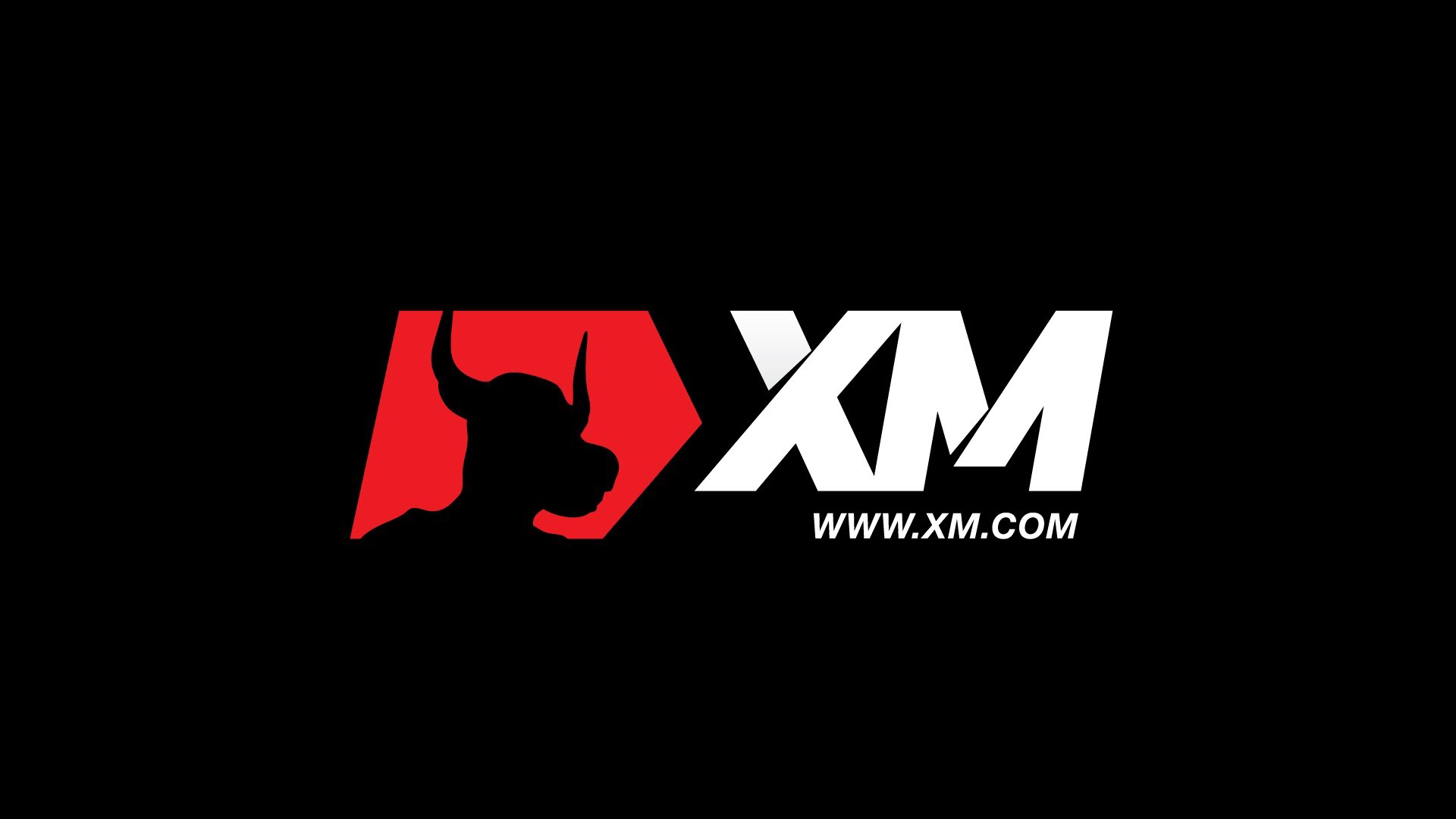

Min. Depo
$5

Licences
FCA, CySEC, IFSC, ASIC, DFSA

Leverage
1:888

Platforms
MT4, MT5, WebTrader
AvaTrade


Min. Depo
100 USD

Licences
ASIC, FSA, FSCA, FFAJ, FSRA, FSC

Leverage
400:1

Platforms
MT4, MT5
Exness
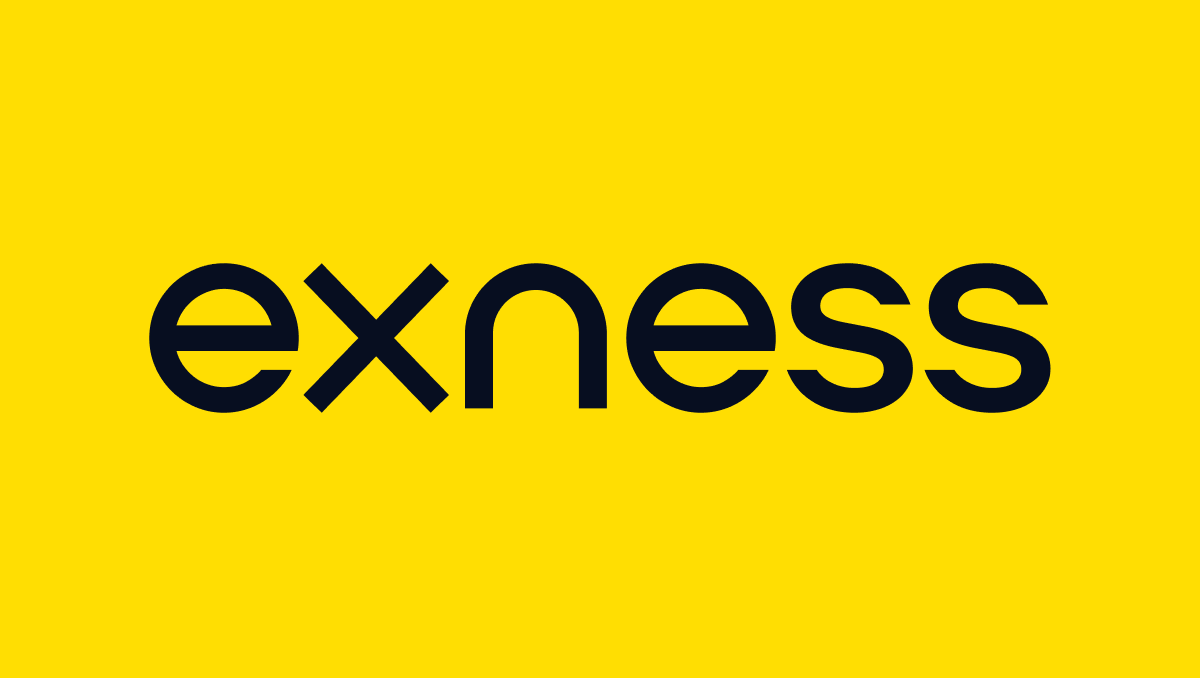

Min. Depo
$10

Licences
CySEC, FCA, SFSA

Leverage
1:2000

Platforms
MT4, MT5
FundedBull
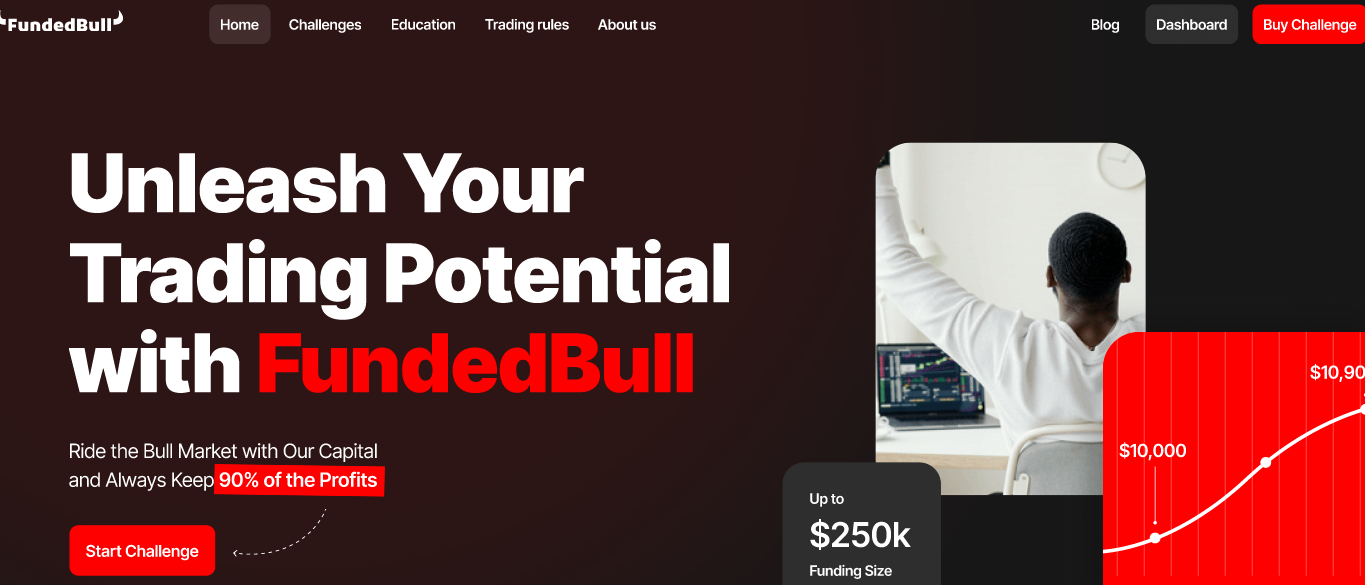

Min. Depo
49 USD

Licences
N/A

Leverage
N/A

Platforms
MT4, MT5, cTrader
Forex.com
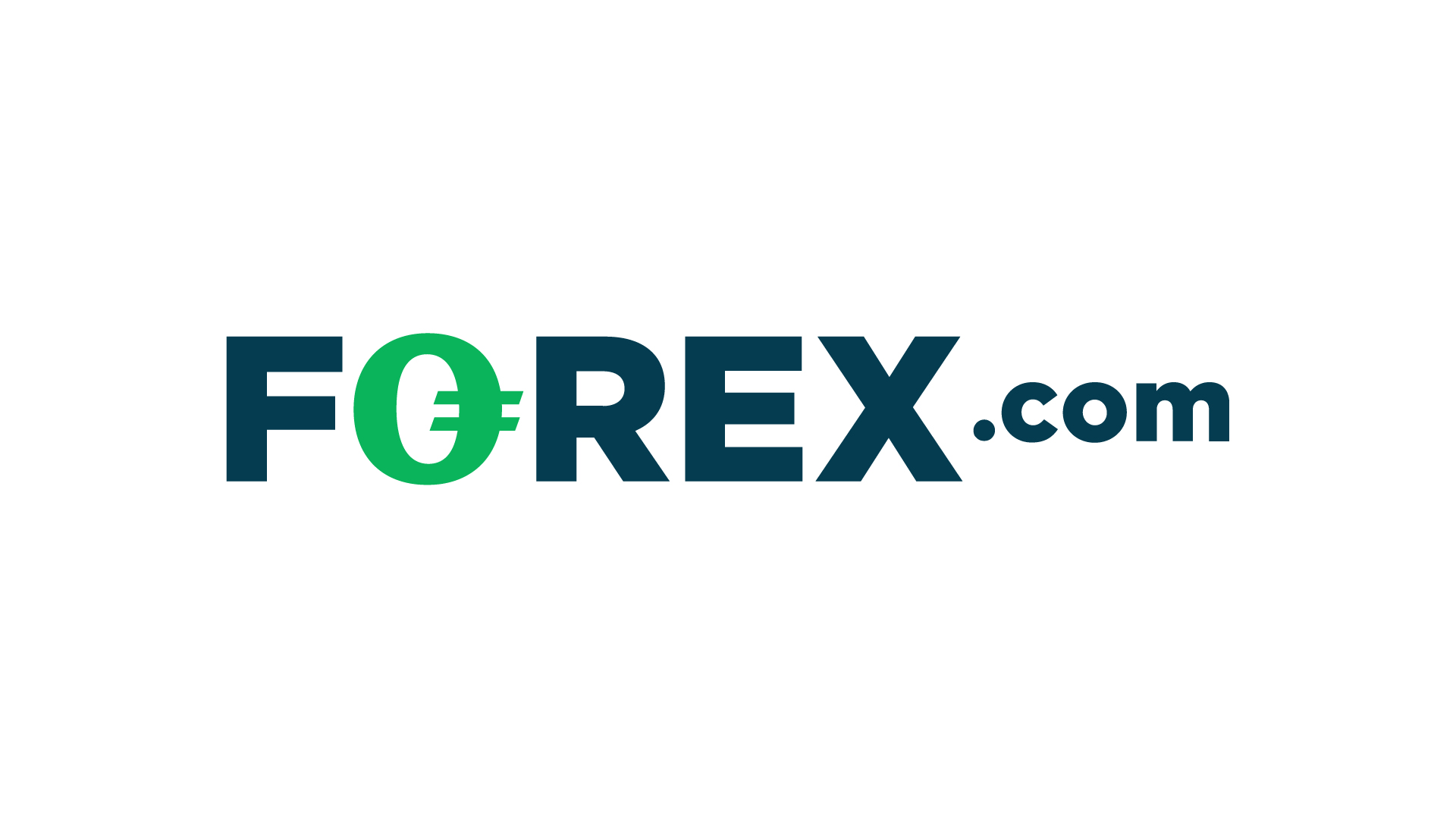

Min. Depo
$100

Licences
NFA, CFTC, FCA, FSA, IIROC and CIMA

Leverage
1:50

Platforms
WebTrader, MT4, MT5
CMTrading

Min. Depo
250 USD`

Licences
FSCA

Leverage
1:200

Platforms
MT4, WebTrader, Copykat
Plus500
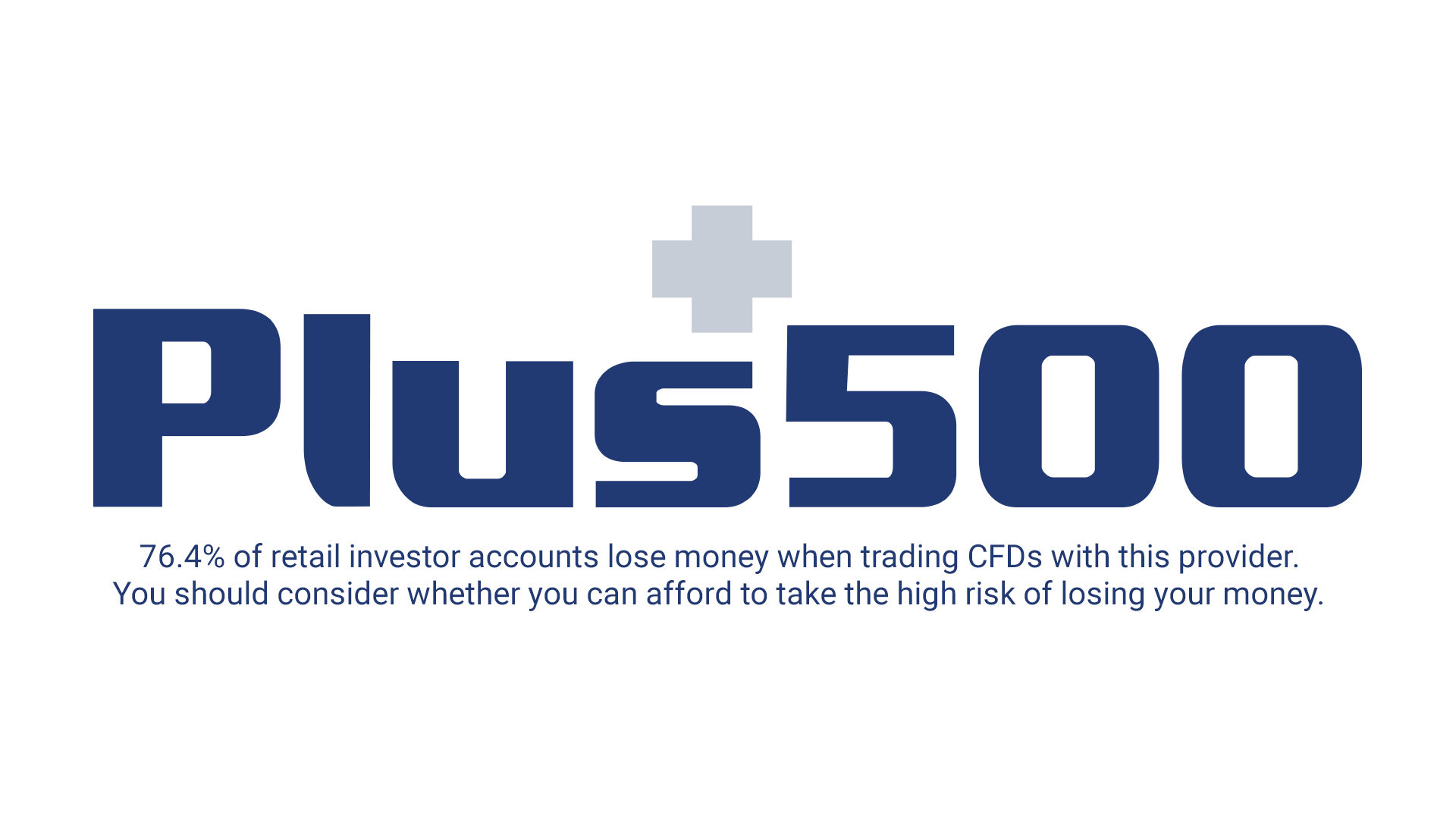

Min. Depo
$100

Licences
FCA, ASIC, CySEC, FSCA, FMA, MAS

Leverage
1:30

Platforms
WebTrader, Windows 10 Trader
Forex regulations in Latvia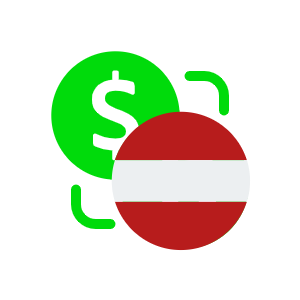
Although in Latvia Forex trading is becoming more and more popular by the day, it’s still not on the same level las it is in the major Forex powerhouse countries such as the UK or Germany, for the retail Forex traders, at least. As such, the length of discussion when it comes to Latvia’s regulatory environment – or everything else, for that matter – is going to be quite short. With that being said, let’s discuss some of the most important details about what kind of regulations are in place in Latvia, and how they all work towards creating a safer, more attractive, and overall better environment for you.
The Financial and Capital Markets Commission of Latvia
In Latvia, the official regulatory body for the Forex brokers based locally is called the Financial and Capital Markets Commission (FCMC). FCMC is an independent body that is operating fully autonomously, funded by the membership fees, fines, and other kinds of collections it makes from the brokers operating in the country. FCMC’s creation was a result of bringing together several different regulators and combining their responsibilities and functions into one. The result is a flexible and efficient regulatory body in form of FCMC.
FCMC’s responsibilities are quite broad and diverse, but it manages to fulfill them reasonably well. Some of its responsibilities include the supervision of various financial market participants such as banks and credit unions, payment institutions, insurance brokerages and companies, pension funds and companies, and, of course, Forex brokers. With such a broad set of responsibilities, naturally, there is a lot at stake, and the need for an effective set of regulations and laws is definitely unarguable. How exactly, and in what form, does FCMC facilitate the creation of the implementation of said laws? In other words, what exactly are the regulations in place that dictate how the brokers and traders alike should act?
Regulatory specifics in Latvia
Well, there’s a bit of an anticlimactical answer to that last question. The thing is, while FCMC does, to a degree, have its own unique approach to regulating the market and its participants, like many other EU countries, what Latvia does is regulate the market based on the MiFID recommendations and frameworks. For those who are not fully aware, the way it works is that thanks to MiFID, any broker that is licensed in any EU country can legally offer their services in any country in the EEA (European Economic Area).
This rule makes everything very easy and accessible to the brokers because since almost every country has its own regulatory framework with at least some unique characteristics, it would be next to impossible for the brokers to cater to all of these rules and regulations. However, thanks to this rule, now a broker can make an effort to obtain license and regulation from any single EU Forex regulator, and they can feel free to operate anywhere else. Due to this, what many brokers do is to sign up with regulators who have more favorable conditions, be it in the form of relaxed and lenient regulations, favorable tax conditions, or anything else. A common regulator that pretty much most of the international brokers go with is CySEC, which is a Cyprus-based regulator that is popular due to their uniquely favorable conditions that allow flexibility and various tax benefits.
When we say that it’s a more relaxed environment, we would also like to state that it’s in no way less safe and secure. Nothing could be further from the truth, as CySEC is an extremely popular and respected regulator for a reason, and it is because of their dedicated and committed approach towards creating an amazing environment for brokers and traders alike, at which they definitely succeeded.
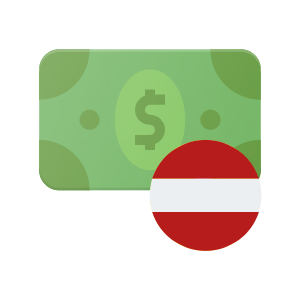 Some of the other very popular regulators that are common with most international brokers are the UK’s FCA and Germany’s BaFin. The one thing to remember when dealing with these brokers that are licensed with all sorts of different regulators is that for the most part, they will all be very similar, thanks to MiFID and ESMA’s efforts to harmonize the specifics of the EU market. When choosing which broker to go with based on their regulation, the only thing to keep in mind is to check what are the particular and specific limits that each regulator allows.
Some of the other very popular regulators that are common with most international brokers are the UK’s FCA and Germany’s BaFin. The one thing to remember when dealing with these brokers that are licensed with all sorts of different regulators is that for the most part, they will all be very similar, thanks to MiFID and ESMA’s efforts to harmonize the specifics of the EU market. When choosing which broker to go with based on their regulation, the only thing to keep in mind is to check what are the particular and specific limits that each regulator allows.
For the experienced traders who are looking for more flexibility and options, going with a CySEC broker may be preferable, as they are more relaxed in their approach. However, for a beginner trader who is more vulnerable, the strict regulatory rules that are common with regulators such as BaFIN may actually prove to be useful to them. To sum this up, the regulatory specifics and arrangements that you can expect in Latvia will be very similar to that of other EU countries, and as such, you should expect more or less the same environment when trading anywhere in the EU. Let’s now take a quick look at these common regulations and practices, so you can get a better idea as to what to expect.
- Leverage restrictions: Leverage is one of the key subjects of consideration for people who are deciding where to do Forex trading. Thanks to leverage’s ability to open doors to huge profits without the need of a lot of capital, it frequently remains in the center of attention for many traders and brokers alike. However, aside from opening the door to profits, it can also open the door to a lot of money loss, if used incorrectly. It’s a double-edged sword, and as such, has resulted in a lot of people losing a lot of money. This is why most regulators have made the decision to put strong limits on the usage of leverage. In the past, brokers would freely offer leverage like 1:500, 1:1000, and even more.Nowadays, it’s heavily restricted. In the EU countries, based on the recommendations of ESMA, regulators should allow leverage no higher than 1:30. This ensures that the traders are protected safe and sound, while still having access to reasonable levels of leverage to use. If you think this is low, you should note, that there are countries like Japan where leverage can go as low as 1:5.
- Close monitoring of the brokers’ activities: In the EU, with pretty much any locally-based regulator, you get a great deal of safety simply based on the fact that the brokers are always watched with a close eye. The regulators make great efforts to continuously ascertain the fact that the brokers are always following the relevant rules, laws, and regulations. Simply satisfying all the licensing requirements and obtaining it is not possible. Rather, brokers have to constantly “re-earn” the license, thereby continuously reassuring us of their trustworthiness. This is why going with a broker with a great regulator like CySEC or FCA gives you a great benefit of always remaining sure of your safety and security.
- Account segregation: In EU countries, as a trader, you get the benefit of having a segregated trading account. What does this mean? Well, in a nutshell, this means that your broker is required to keep your funds in a separate account. The account where they keep their own operating capital needs to be different from the one where the client’s funds are kept, which greatly aids in increasing the safety in a scenario in which the broker may go bankrupt or become insolvent, thereby not being able to return your money. This issue is eliminated thanks to account segregation. Additionally, with the funds being inaccessible in this separate account, any possibility of the broker misusing your funds, whether intentionally or unintentionally, is taken out of the equation.
- Investor compensation schemes: Another great safety mechanism that is common with EU-based Forex brokers are the investor protection schemes. The investor compensation schemes, as is apparent in the name itself, exist to protect the clients’ funds. These funds are provided and kept by the brokers, and the exact amount depends on the regulator itself. As an example, with CySEC, the compensation scheme is called the Investor Compensation Fund (ICF), which is the most common compensation scheme in the world. With that being said, it also has one of the lowest budgets per investor at €20,000.The exact purpose and uses of the schemes like ICF can vary, but the main aims are to satisfy the claims made against the brokers from the traders. Naturally, the fulfillment of these claims has their own conditions that the traders need to qualify for. Compensation schemes are also great in the scenario where a broker may go bankrupt and be unable to pay the client, but as we mentioned, there are limits per trader, which, again will vary depending on the regulator. As mentioned, with ICF it’s €20,000, with the UK FCA’s FSCS it’s £85,000, and so on. As such, make sure that you check these limits in advance, so you can know exactly how much you can expect to be covered when trading with your broker.
Latvia’s economic environment and trading opportunities
Although Latvia is not known to be one of the richest countries in the EU or the rest of the world, its economic environment does definitely offer some decent trading and investment opportunities. The country’s economy has been showing some really fast and impressive progress. In fact, it has been considered, for many years, to be one of the fastest-growing economies in the EU, and the pace isn’t likely to be slowing down anytime soon.
The country has been seeing substantial growth after joining the EU, as it developed close trading relationships with many countries like Germany, Poland, Russia, and Estonia, all of whom are considered to be reliable and favorable trading countries. Although, this is not to say that the country hasn’t had, and doesn’t have, any existing economic challenges. It definitely does. For many years, Latvia had been having to deal with the issue of high unemployment rates, which had peaked at 20% about a decade ago. Since then, the severity of this problem has definitely decreased, as the lowest recorded number of unemployment was 6.3% back in 2019.
That being said, the trends are, without a doubt, very positive for Latvia, and their hard work has been finally paying off. Right now, it is steadily becoming one of the most interesting investment destinations in the world for international companies. It should be said, however, that Latvia not really a strong producer and exporter of goods. In fact, their numbers are among the lowest in the region. Based on the previous year’s statistics, Latvia has only exported around $15.5 billion’s worth of goods around the world, which is definitely not a lot.
Among these exports, the biggest share, which is 16.1% of the total exports, goes towards the wood, with the total number of $2.5 billion. Latvia’s second-biggest export is electrical machinery and equipment, totaling $1.6 billion with a 10.1% share. Latvia’s only other exports that are north of the $1 billion mark would be various machinery including computers at $1 billion and 6.7% share, and beverages, spirits, and vinegar with exactly the same numbers as the previous one. The rest of the exports include assets like iron and steel, pharmaceuticals, cereals, mineral fuels, and vehicles, varying from $480.7 million to $795.3 million.
While it does not even warrant an argument that Latvia’s exportation numbers are not really strong, it is still reassuring that the country’s economy itself is in a reasonably strong spot, and offers enough variety and diversity to satisfy many different sorts of requirements, goals, and preferences. For any would-be trader in Latvia who is interested in staying this in the long run, there will definitely be more and more opportunities to expect in this country.
What have we learned about the Latvian Forex market?
After reading this, you now probably agree, that the Latvian Forex market is in a really good spot right now. Thanks to the fast economic growth and other encouraging conditions, Forex trading has been getting more and more popular in the country, with more and more people from all walks of life getting started with trading.
Of course, a great contributor to this is the government’s dedication to creating favorable conditions, whether that be regulatory, economical, or any other conditions. Thanks to Latvia being part of the EU, you also gain access to a very large variety of options, as you can automatically trade with any broker that is licensed by any other EU member. All in all, for any Latvian-native who is seriously interested in getting started with Forex trading, we definitely believe that there are a lot of great opportunities to take for any trader there. Before getting started, we encourage you to take a look at our list of best Forex brokers in Latvia, which really does include only the very best of the brokers, all of which were chosen after careful and thorough consideration.


